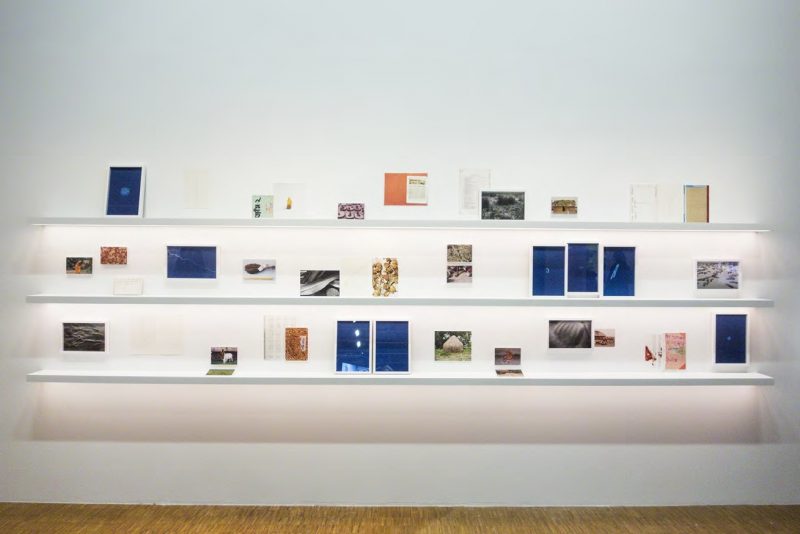Munem Wasif (b. 1983, Bangladesh)’s photography and films investigate complex social and political issues with a humanistic language. He has exhibited worldwide including Center Pompidou, Palais de Tokyo and Visa pour l’image in France, Whitechapel Gallery, Kettle’s Yard and the V&A in London, Museu d’Art Contemporani de Barcelona in Spain, Musee de elysee, Musée d’Art et d’Histoire and Fotomuseam Winterthur in Switzerland, Kunsthal museum and Noordelicht festival in Netherlands, Museum of Modern Art in Poland, Parasite in Hong Kong, The Factory Contemporary Arts Centre in Vietnam, Gwangju biennale in Korea, Singapore biennale, Sharjah Bienalle in UAE, Asia Pacific Triennial of contemporary art in Australia, Dhaka Art summit and Chobi Mela in Bangladesh. Wasif was a Fellow at the Wissenschaftskolleg zu Berlin, Germany from 2020-2021.
